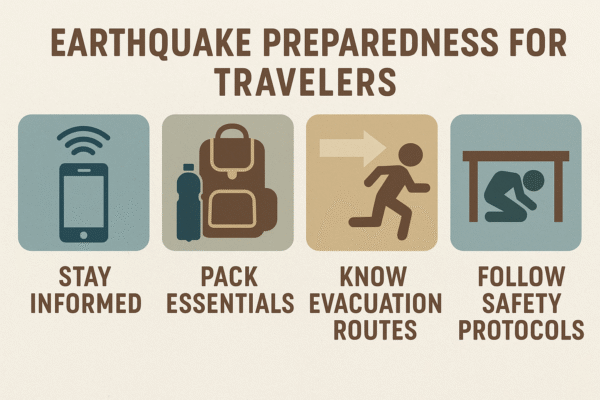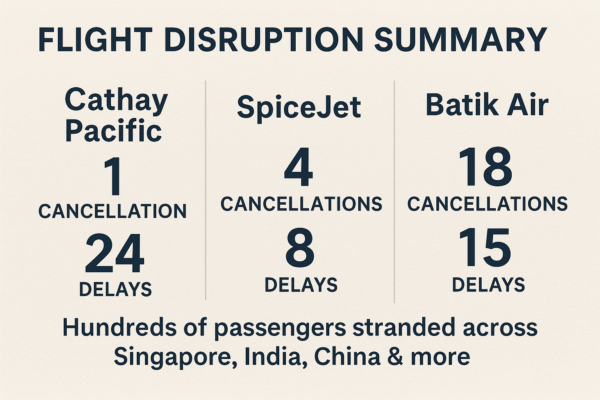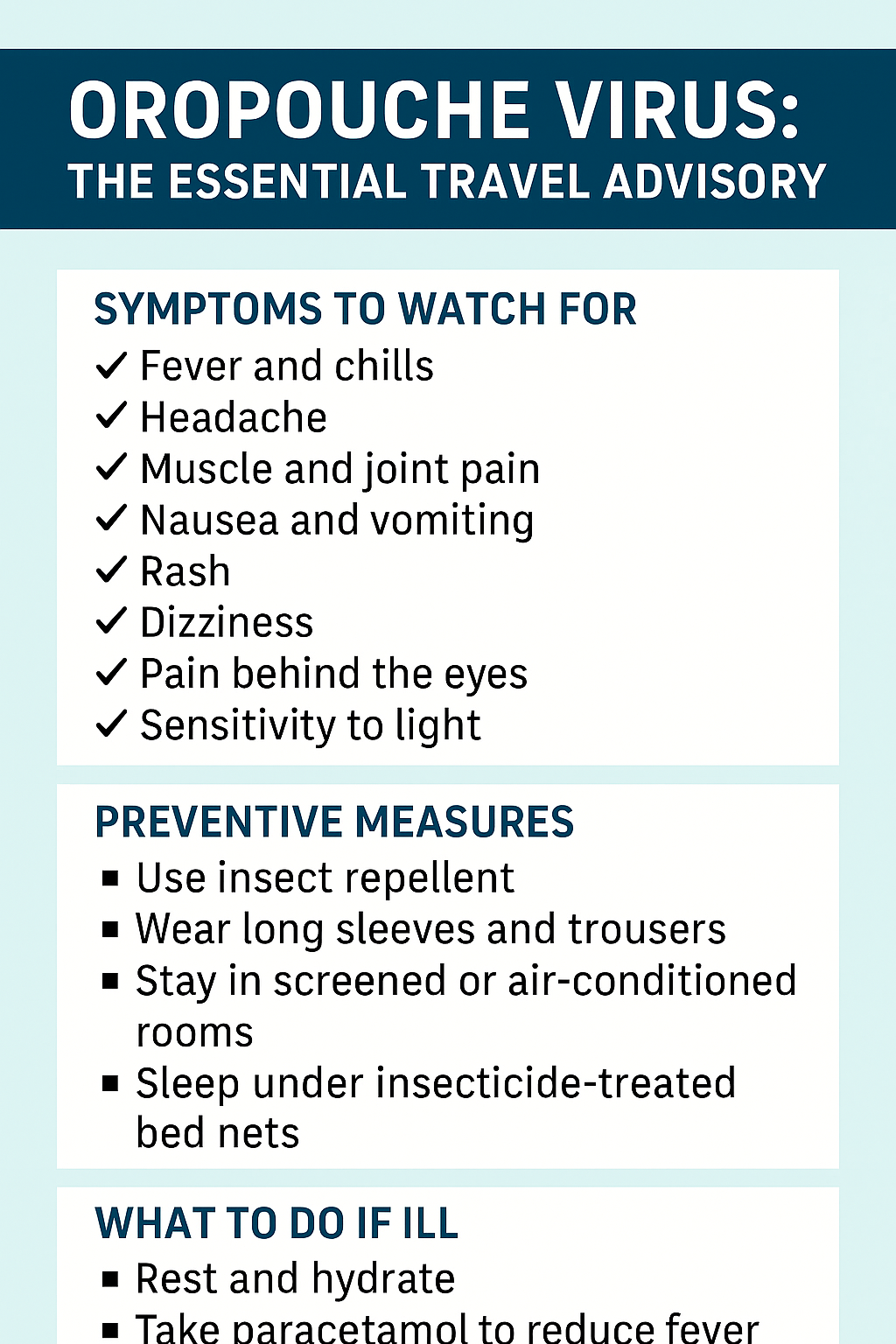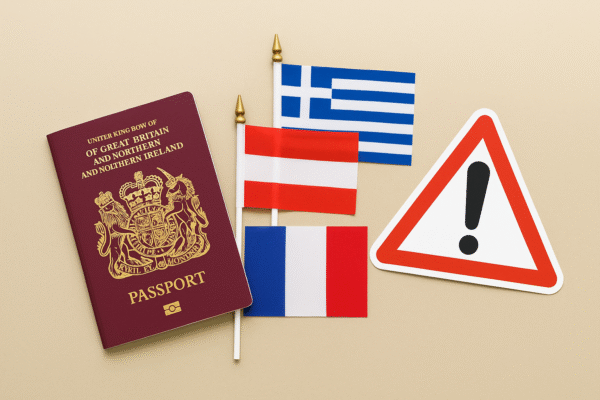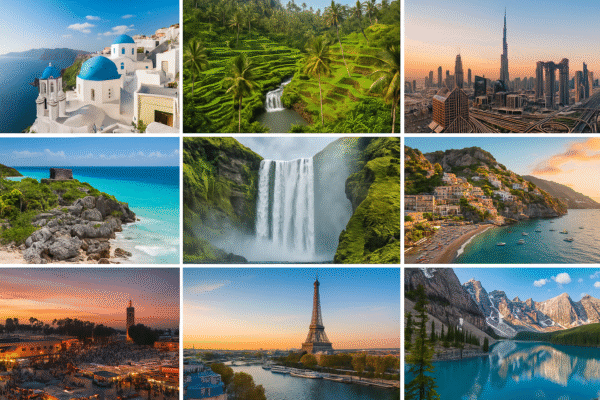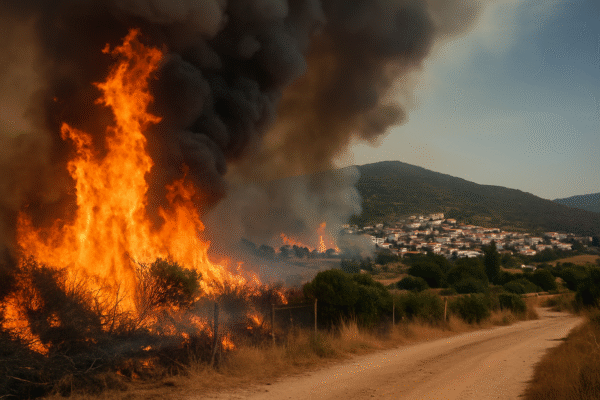This summer, iconic Mediterranean vacation destinations—Spain, Portugal, and Greece—are gripped by a severe wildfire crisis, forcing UK authorities to issue an urgent travel advisory. As soaring temperatures and ferocious flames strike hard, the tourism industry faces an unprecedented challenge.
Unprecedented Wildfire Spread and Heatwave Intensity
Across the Eurozone, wildfires have ravaged nearly 440,000 hectares this year—double the average since 2006. These blazes are driven by searing heat and fierce winds, transforming beloved landscapes into battlegrounds. Entire towns and rural areas have been evacuated, emergency services overwhelmed, and holiday plans abruptly derailed.
Spain in the Flames: Heat, Evacuations, Tragedies
Spain is at the epicenter of this disaster zone. Wildfires consuming hundreds of thousands of hectares have led to multiple fatalities, including a volunteer firefighter and several professional responders. Investigations into suspected arson are underway, and environmental experts warn that insufficient forest management has magnified the danger.
Portugal Under Siege: UCPM Aided Response
Portugal, too, is reeling. With major fires flaring in areas like Trancoso and Peneda‑Gerês National Park, the government activated the EU’s Civil Protection Mechanism. Thousands of firefighters and aircraft are deployed to contain the spread. Evacuations are underway in affected villages, and this marks the first wildfire-related fatality since late June.
Greece Battles Blazes Across Mainland and Islands
Greece continues to struggle. The Peloponnese, Chios, Cephalonia, and other tourist-favored islands have seen destructive fires and mass evacuations. Over 7,500 people have been relocated, and nearly 5,000 firefighters, backed by dozens of aircraft, are engaged in relentless containment efforts. Infrastructure—like rail links near Patras—has been damaged or closed.
UK Issues Travel Alert Amid Tourism Risks
In response to mounting danger, the UK Foreign, Commonwealth & Development Office (FCDO) issued an urgent advisory urging British travellers to exercise caution when considering trips to Spain, Portugal, and Greece. While general wildfire guidance had existed, the current situation’s severity prompted language emphasizing “high risk” and the importance of following local warnings and evacuation procedures.
What Tourists Need to Consider
- Route Uncertainty: Fires have disrupted transport networks—roads, trains, and flights—diminishing access to several destinations.
- Policy & Insurance: Tour operators may cancel trips to fire-affected areas, potentially offering refunds. However, tours canceled by travelers due to safety concerns may not be covered unless government advice shifts. Travel insurance must be checked carefully for wildfire exclusions.
- Safety First: Visitors should monitor regional fire risk indices, download alerts (like those from Greece’s 112 service), avoid high-risk outdoor activities, and have evacuation plans ready. With temperatures topping 45 °C in some regions, hydration and sun protection are essential.
- Local Community Impact: Beyond tourist disruption, fires have displaced residents, caused damage to homes and ecosystems, and dealt a serious blow to local economies reliant on hospitality and activity tourism.
Context: Climate Crisis and Shifting Travel Trends
These wildfires are symptomatic of broader climate trends: Europe is experiencing record-breaking heatwaves. June and July shattered heat records, with places like Mora in Portugal reaching nearly 47 °C. Scientists warn that summers like these are becoming more frequent, reshaping the tourism landscape and pushing travelers toward cooler, safer destinations.
Summary
Spain, Portugal, and Greece—traditionally among the sunniest draws for UK holidaymakers—are now enshrouded in smoke and danger. The UK’s travel alert reflects the urgent need for caution. Tourist safety, flexible planning, and climate resilience have never mattered more. As accusations of arson and infrastructure losses mount, both visitors and locals navigate a new reality: vacationing amid a wildfire emergency.
For more travel news like this, keep reading Global Travel Wire




